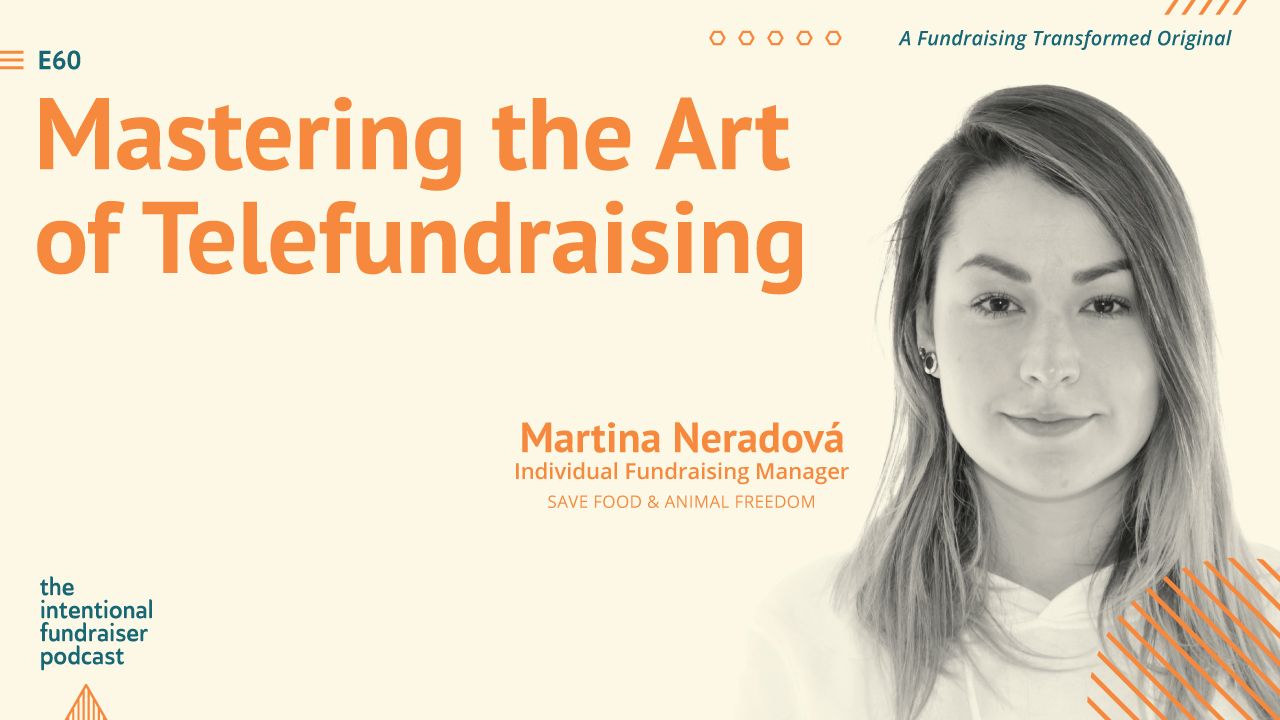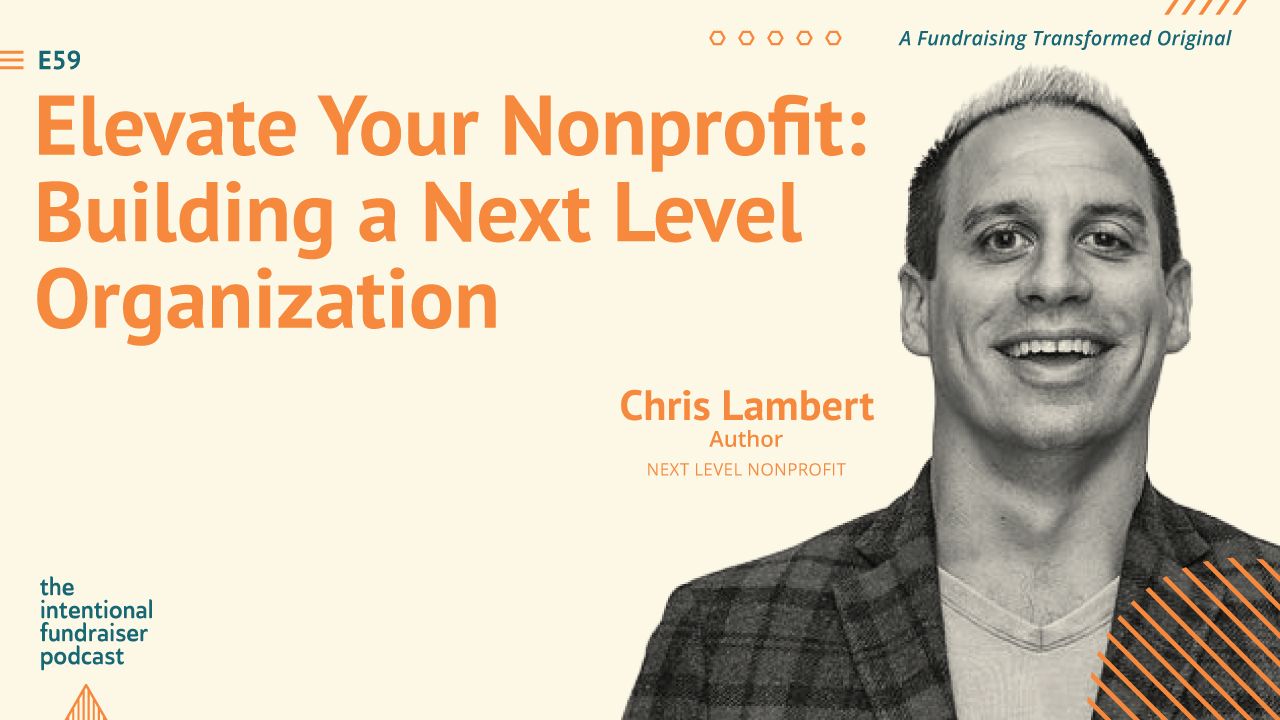Fed Up or Step Up: The Fundraising Professional’s Dilemma

By Tammy Zonker, Fundraising Strategist & Keynote Speaker
Most of us have read or heard about the alarming August cover story published by the Chronicle of Philanthropy. The headline reads, “Why Fundraisers Are Fed Up.”
It breaks my heart to read that 51% of fundraisers plan to leave their jobs in the next two years, and even more so that 30% of them plan to leave fundraising altogether. Leaving our “noble profession” as Archbishop Desmond Tutu called it during his memorable keynote at the 2016 Association of Fundraising Professionals International Conference.
The Harris Poll survey reports three primary causes for their planned departures:
- 85% of fundraisers felt tremendous pressure to meet unrealistic fundraising goals.
- 55% said they “often feel unappreciated” for their work.
- 85% see little opportunity for promotion within their organizations.
- A consistent theme of low pay, frustrating organizational cultures and lack of succession planning.
Believe me when I say, I understand. As a fundraising practitioner and trainer for nearly 20 years – I have walked in those shoes. I know the hand-to-mouth, treadmill culture. The “What have you done for me lately?” mentality. The “It’s never enough” dark cloud that can dampen our spirit and leave us feeling restless and disillusioned. The nonprofit scarcity mindset can cause us to forget how powerful we really are.
So, I have to ask the question: Who are we fundraisers in the matter?
We can’t always control the incoming demands and pressures. But we CAN control how we respond to them. It does not serve our mission to stand by and allow our organizations to build program budgets on revenue goals that aren’t data informed. To succumb to the expectation dichotomy of revenue generation and the volume of internal meetings and unnecessary distractions.
Fundraisers, here’s what I know about YOU:
- You are brave. It takes courage to be vulnerable when you tell the stories of your work. You are brave as you coax-out your donor’s stories – and encourage them to “go there.” AND you do what very few people are willing or have the courage to do – ASK FOR MONEY.
- You are influencers. Your job is to guide and influence your supporters as they explore how they want to make a difference through their giving. You ask questions about what they value. You offer solutions that marry the donor’s desires to the needs of those you serve. You create proposals that change lives. You develop meaningful partnerships that benefit all involved.
- You are negotiators. Through thoughtful conversation, you co-create mutually beneficial agreements. The perfect balance of what your donors dream of accomplishing and what your organizations really need.
- You have heart. You love your causes. You love your donors. You want to make a difference and transform the world.
So why aren’t we effectively using our finely tuned relationship skills with our Boards and Executive Management to navigate expectations? Just like our donors, board members and nonprofit executives want the same thing we do: to make a measurable difference through mission impact.
And just as we influence our donors using stories and data, we can influence our boards and executive management. Not in a confrontational, “us versus them” way, but rather in a solution-focused “you and me” way – the same manner in which we engage and enroll our donors.
“So, I have to ask the question: Who are we fundraisers in the matter?”
Denny Young, a seasoned fundraising pro from Toronto says, as fundraisers, “We often don’t understand how much of our work is going to be a political process of getting people within our organization on our side.” I say, don’t throw in the towel. Lean into our profession’s issues leveraging all of your donor development and stewardship skills. In other words, we need to step up.
Now, before you start crafting a fiery, “Tammy, you don’t understand” email – let me give you an example of how you can respond to unrealistic expectations and cultural frustrations in a productive way.
CHALLENGE FACED BY FUNDRAISING PROFESSIONALS: The Chronicle feature reports, “78% of survey respondents wish they had more time to spend meeting with supporters.”
RESPONSE STRATEGY: It’s no surprise, the more quality time you spend with your donors the more of them you’ll retain (not to mention increased lifetime value). Quality time: meaning you’re thanking donors, reporting the impact of their gifts, engaging them in the work as appropriate. Showing them, firsthand, how their gifts are making a difference. An added bonus will be the new introductions donors will be willing to make, once trust is built and strengthened.
But how do you find time for these quality visits? If you’re a fundraiser managing a portfolio of donors, this must be one of your top 3 priorities. Evaluate your calendar and identify the non-essential activities that keep you from donor visits.
Penelope Burk of Cygnus Research says, “Of all the issues I explored (in her research), how fundraisers and their managers think about and use time, was the most interesting.” She goes on to say that on average gift officers only spend 55% of their 40-hour week actually doing their job.
Are there too many internal meetings? Are you participating in committees or workgroups that don’t leverage your unique skillset? I’m sure you add value in those meetings, but would you add MORE value to your organization by powerfully engaging donors? Uh, absolutely yes!
Try this for one month: Color code the meetings on your calendar. Green = top priorities. Yellow = important tasks. Red = activities that aren’t your core job accountabilities. Is 60% of your calendar focused on green needle-moving priorities? Prioritization is your #1 success factor. Talk with your manager about how you could reduce lower priority yellow and red activities, so you can spend more time with donors – and you’ll be seeing more-green in no time!
I’m wise enough to know that not every organization will embrace these conversations and it may make sense to leave – but some will. Isn’t it worth the effort? Don’t you deserve to see it through? Then, if you choose to move on, you can leave knowing you gave it your all.
You are stronger than you think. You have more power than you know. You have chosen a noble profession. And you have all the heart and determination you need to rise to the occasion.






